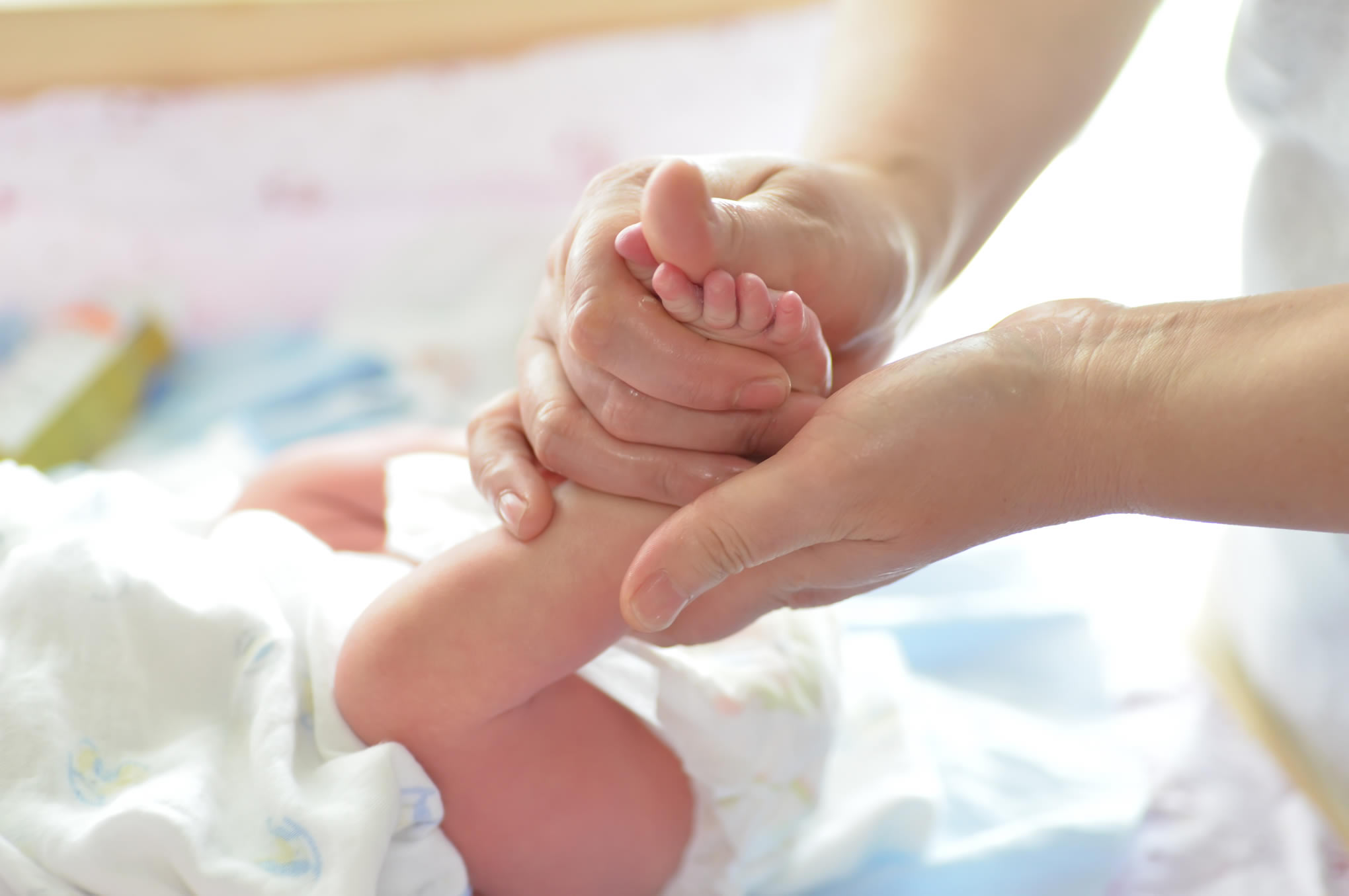You will encounter many different forms of massage depending where around the world you travel. However in this modern age, you can probably find all significant forms of massage within a close proximity.
[vc_row][vc_column][vc_column_text]MASSAGE BENEFITS BABIES Researchers in England have reviewed studies that included nearly 600 babies 6 months and younger, and found that massage helps babies sleep better, cry less and lowers their stress hormones. One study suggested that massage could trigger the release of melatonin, a hormone that is important in regulating sleep. Published in the most recent issue of the Cochrane Library, the research focused only on normal-term babies, but premature infants may benefit from massage as well. CHILDHOOD STRESS AND TRAUMA LEADS TO TIRED ADULTS? Two separate studies find that traumatic events and stress during childhood may be associated with developing chronic fatigue syndrome later in life. One small U.S. study compared 43 people with chronic fatigue syndrome to 60 healthy control subjects. Doctors found that childhood trauma, such as emotional, physical or sexual abuse was three times to eight times more common in the patients with chronic fatigue syndrome. Similarly, a much larger study of more than 19,000 Swedish twins found that those who reported having a stressful life were about 65 percent more likely to develop chronic fatigue syndrome. Chronic fatigue affects up to 1 million U.S. adults. It is defined as unexplained fatigue that lasts for at least six months, does not get better with rest and interferes with daily life. These findings were published this week in the Archives of General Psychiatry. HIGH IQ MAY PROTECT KIDS FROM TRAUMA Children who show high intelligence at age 6 are less likely to experience a traumatic event and, if they do, they are less likely to develop post-traumatic stress disorder. Michigan State University researchers gave intelligence tests to 713 children at age 6 and followed up at age 17 with an interview to determine if they had experienced trauma. Published in the Archives of General Psychiatry, the study found that children with an IQ higher than 115 were less likely to be exposed to a trauma and less likely to experience PTSD. Children with higher intelligence were protected against PTSD even if they had other factors going against them, such as anxiety or an urban upbringing. Researchers say they do not know exactly how or why children with high IQs might be at reduced risk, so more study is needed.[/vc_column_text][/vc_column][/vc_row]





Leave a Reply
You must be logged in to post a comment.